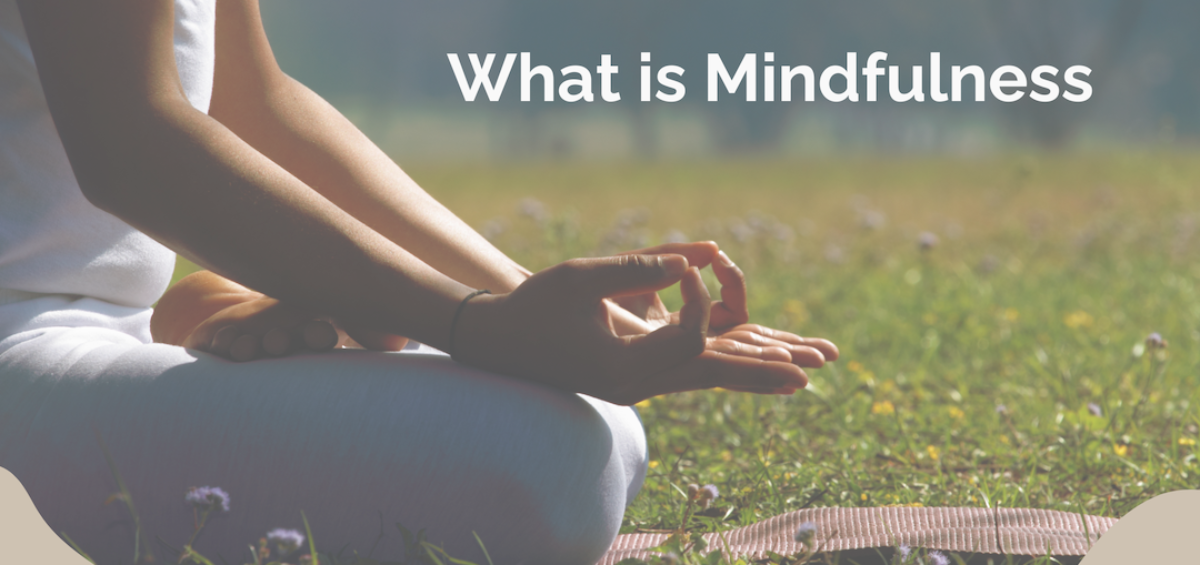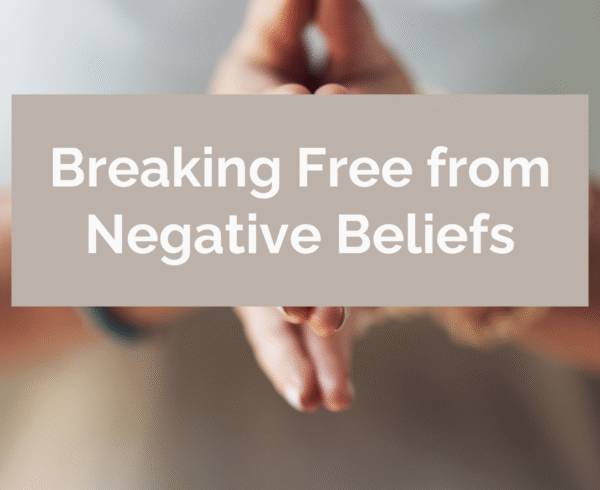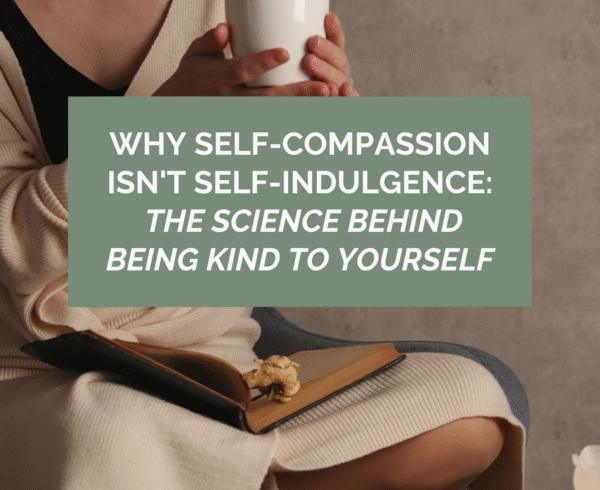Have you heard the term mindfulness but aren’t entirely sure what it means?
You are not alone.
Wellbeing Counsellor Sara explains her take on mindfulness:
Mindfulness is a broad term used to describe a state of being free from judgement and fully engaged in the present moment. It involves becoming consciously aware of one’s thoughts, feelings and surroundings without getting entangled in them.
Research suggests that practicing mindfulness can have various benefits including stress reduction, improved focus, emotional regulation and more. Consistent practice, even in small increments, can have a beneficial impact on your overall wellbeing.
Mindfulness can look like:
- Present Moment Awareness: Being fully present in your experiences. Acknowledging thoughts and sensations without dwelling on the past or worrying about the future.
- Non- Judgmental Observation: Aiming to observe your thoughts and feelings without passing judgement.
- Mindful Breathing/Breathwork: Paying attention to the breath. A powerful technique which helps anchor attention to the present moment.
- Mindful Meditation: Formal meditation practices including guided meditation sessions or simply sitting quietly and bringing attention to the breath, bodily sensations or a specific point of focus.
- Mindful Living: Incorporating mindfulness into daily life. Bringing awareness to routine activities such as eating, walking or even folding the washing, turning them into opportunities for presence and reflection.
So, as a Wellbeing Counsellor who applies a mindfulness-based therapeutic approach, what are my top 4 tips for incorporating mindfulness into your daily routine?
- Start small and keep it consistent: Begin with short, manageable sessions of mindfulness to make it easier to integrate into your daily routine. This could be as minimal as 5/10 minutes of engagement daily.
- Incorporate mindfulness into daily activities: Infuse mindfulness into your daily tasks by bringing your full attention and awareness to each activity. For example: mindful eating- focus on the taste, texture and smell of your food.
- Engage in mindful breathing throughout the day: This is particularly helpful in moments of stress, overwhelm or when transitioning through activities. Mindful breathing involves taking a few moments to focus on your breath, inhaling and exhaling slowly.
- Create mindful spaces in your environment: Establish areas in your home or workplace that are designated for mindfulness. This could be as simple as a small corner space with a comfortable chair or cushion. Make a point to spend a few minutes in this space each day for mindful reflection and/or meditation.
Remember, the key is not to add more stress by trying to fit in lengthy sessions or creating unrealistic expectations. The goal is to weave mindfulness into your existing routine in a way that feels natural and sustainable.
Author – Sara Casha, Wellbeing Counsellor & Breathwork Coach












Leave a Comment